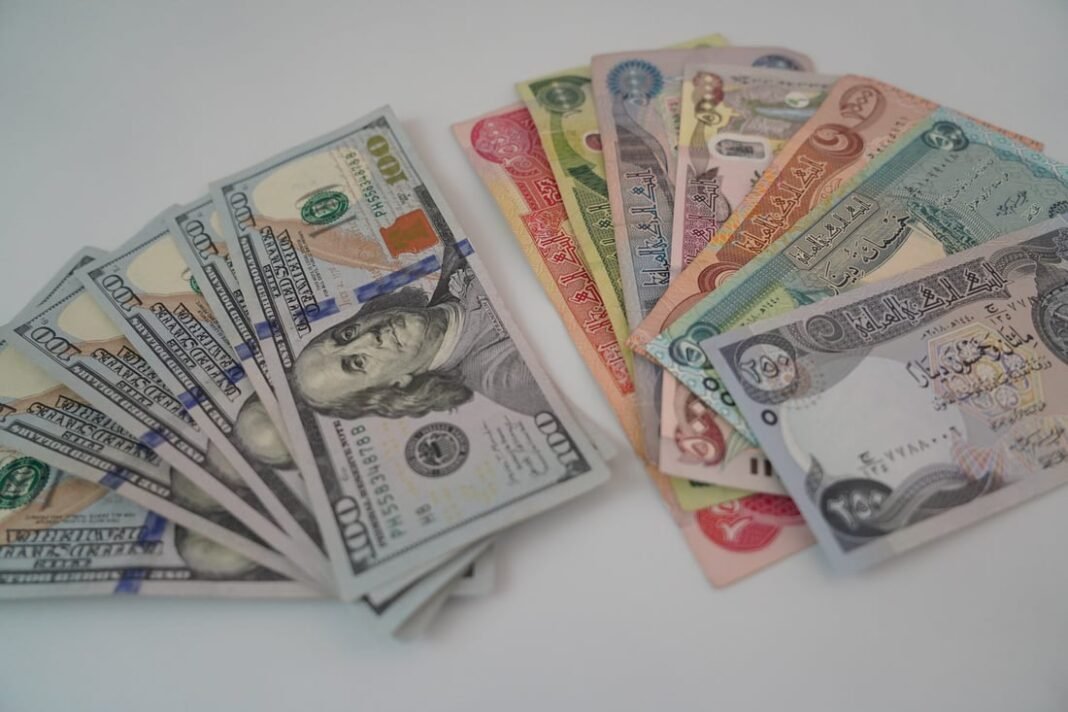Dollar exchange rates in Iraq held steady, showing no major changes in Baghdad or Erbil. Traders and financial observers noted Iraq dollar prices stabilize in both cities, reflecting a calm day for currency movements. This steady trend reinforces economic predictability, especially for importers and local businesses.
The central Al-Kifah and Al-Harithiya stock exchanges in Baghdad opened the day with the dollar trading at 139,850 dinars for every 100 US dollars. This was the same rate seen on the previous day, showing that there was no sudden shift in the market.
In Baghdad’s exchange shops, sellers listed the dollar at 140,750 dinars per 100 dollars. Buyers could purchase the same amount for 138,750 dinars. These prices show a narrow gap between buying and selling, which often indicates stable trading activity and low risk of speculation.
In Erbil, the capital of the Kurdistan Region, the dollar also held its ground. The selling price was 139,657 dinars per 100 dollars, while the buying rate slightly trailed at 139,650 dinars. Such small differences show that demand and supply remained balanced throughout the day.
This level of currency stability helps Iraqi businesses plan their operations better. When dollar prices fluctuate rapidly, it becomes harder for companies to budget for imports, set prices, or manage profits. So, when Iraq dollar prices stabilize, many sectors benefit.
In addition, a steady exchange rate supports consumer confidence. Everyday people feel more secure when the value of their currency does not change quickly. It also helps protect the value of salaries and savings.
Traders often watch the movement of the US dollar closely because it influences the cost of imported goods. Iraq relies heavily on foreign products, so the dollar rate affects the price of food, electronics, fuel, and other essentials.
In both Baghdad and Erbil, the unchanged dollar rate signals that the local market is functioning without pressure from sudden political or economic shocks. This situation offers some relief for both government planners and regular citizens.
As long as Iraq dollar prices stabilize, there is less risk of inflation driven by exchange rate swings. It also shows that the Central Bank’s control over foreign currency reserves continues to support overall economic balance.


